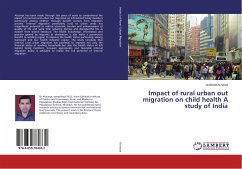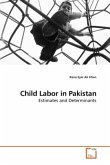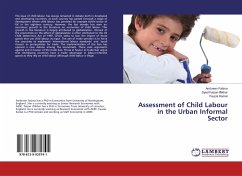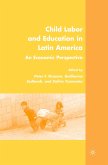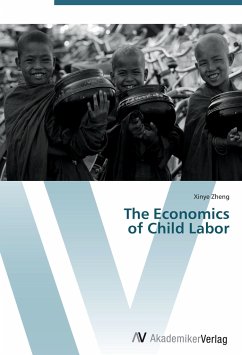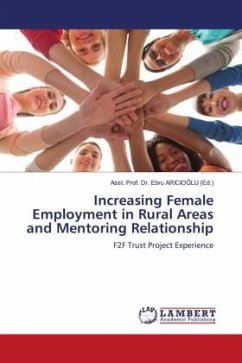Migration is radically changing the socio-economic, demographic and development profile of developing countries, with far-reaching implications for agriculture-based economies. Rural-urban adult migration, mainly adult male migration makes heavy demand on all family members, but especially on children who are left behind in rural area to shoulder the responsibility of agriculture production and food security. The empirical result shows that an additional rural migrant of a household increases the probability of having child worker in that household by approximately 51%. It also explains that children of migrant households receive less preventive health care in their infancy. The study reveals that an additional adult worker of a household increases the probability of having child worker in that household by 29%. The analysis should help shed some light on this new issue and should be useful for those development organizations which are dealing with child labor and rural urban migration issues or anyone who would like to conduct research in this broad field.
Bitte wählen Sie Ihr Anliegen aus.
Rechnungen
Retourenschein anfordern
Bestellstatus
Storno


